Description
The Turing Test is an experiment that examines whether or not the behaviours of a machine are indistinguishable from those of a human being. The test was named after Alan Turing. It was intended as a test to determine whether or not a computer have the ability to demonstrate “artificial” intelligence. It is inaccurate, and there should be a clear distinction between the two terms. In point of fact, artificial intelligence comprises a variety of learning processes and is not limited to only machine learning alone. Rather, it is about learning in general. Components of artificial intelligence include things like natural language processing, deep learning, and representation learning (NLP). The process of digitalizing, which is also known as “datafication,” each and every aspect of life in the present day is referred to as “datafication.” The generation of these new data sets paves the way for the transformation of previously collected information into innovative and possibly lucrative forms. Samuel’s software was executed on an IBM 701 computer, which was about the same size as a standard double bed. The majority of the time, the data was in discrete form. This is not a reference to the process of really gaining information; rather, it is a reference to the job that is now being carried out. During this stage, a prototype is built by evaluating multiple models in light of historical data to determine which model will be the most successful. Adjusting the model’s hyperparameters is a necessary step that will be discussed in further depth in the following section of this chapter. The ideas that determine what constitutes appropriate and inappropriate behaviour are collectively referred to as morality. The subsequent secondary components that need to be looked at are the cost-effectiveness, the quality of the patient experience, and the overall quality of the healthcare provided. The overall number of patients that a provider treats and the total cost of care that patient receives from that provider both go into the financial rewards that the provider receives. The case studies that are presented here provide insightful and thought-provoking insights on the application of artificial intelligence, machine learning, and big data in the field of medicine.
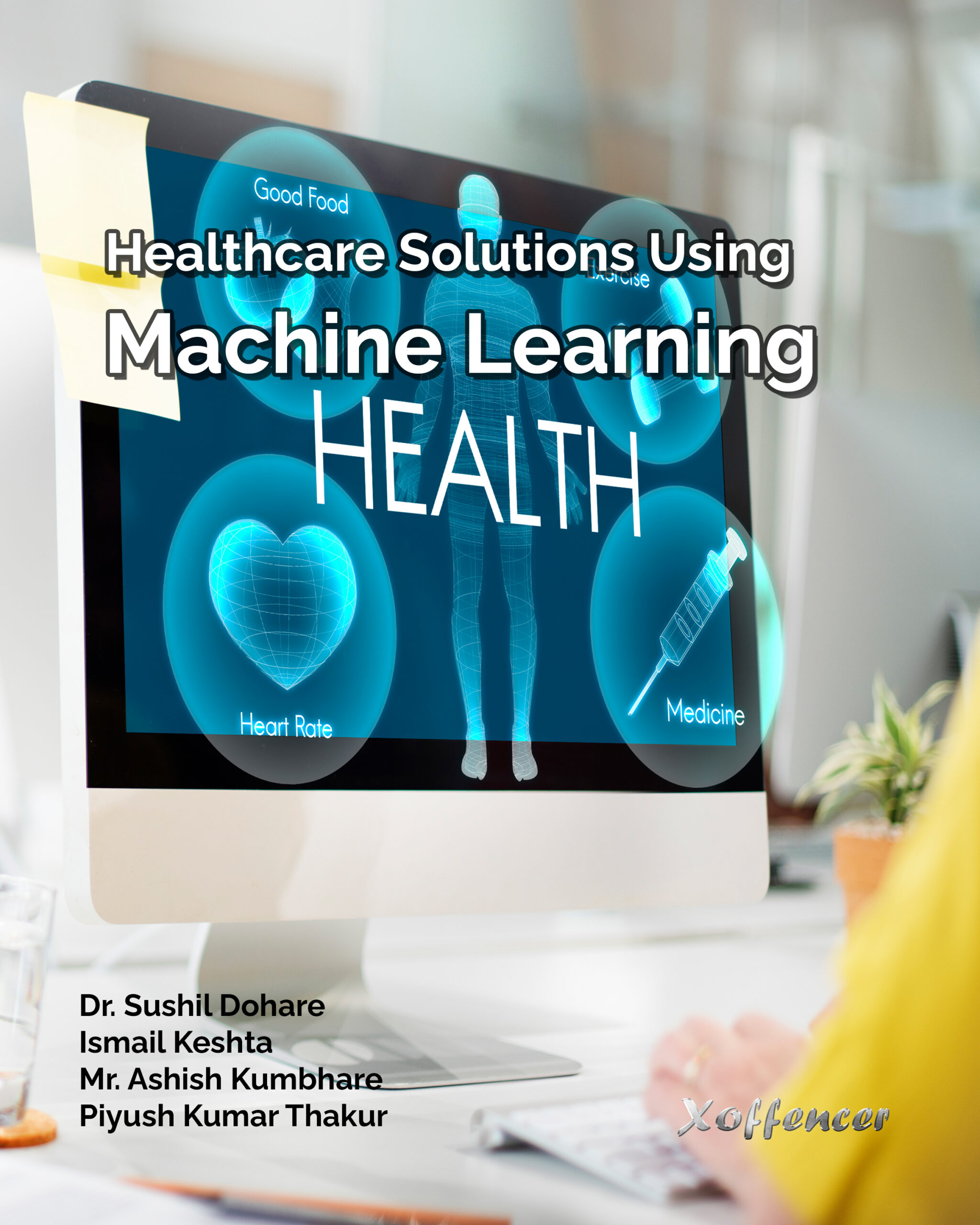

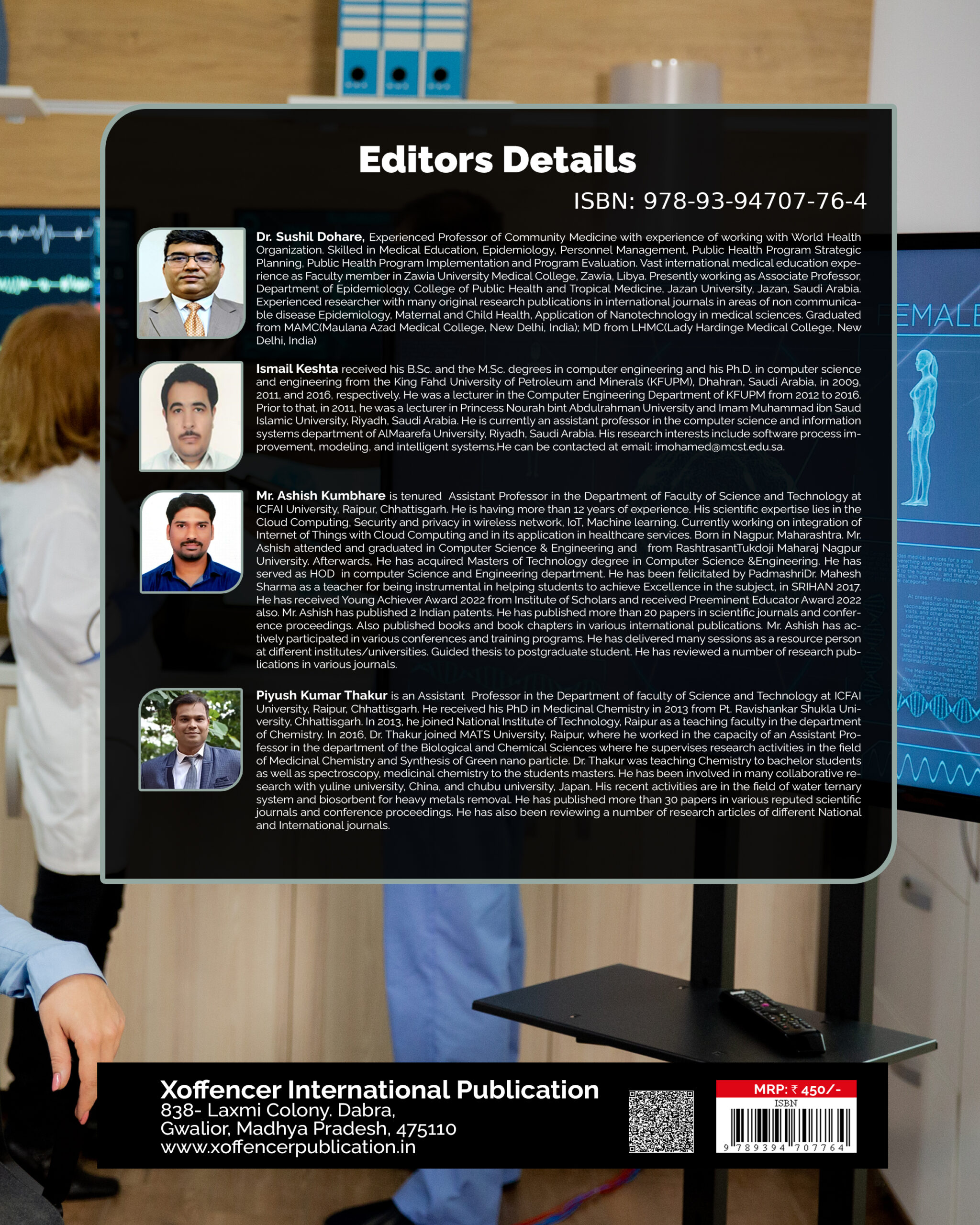
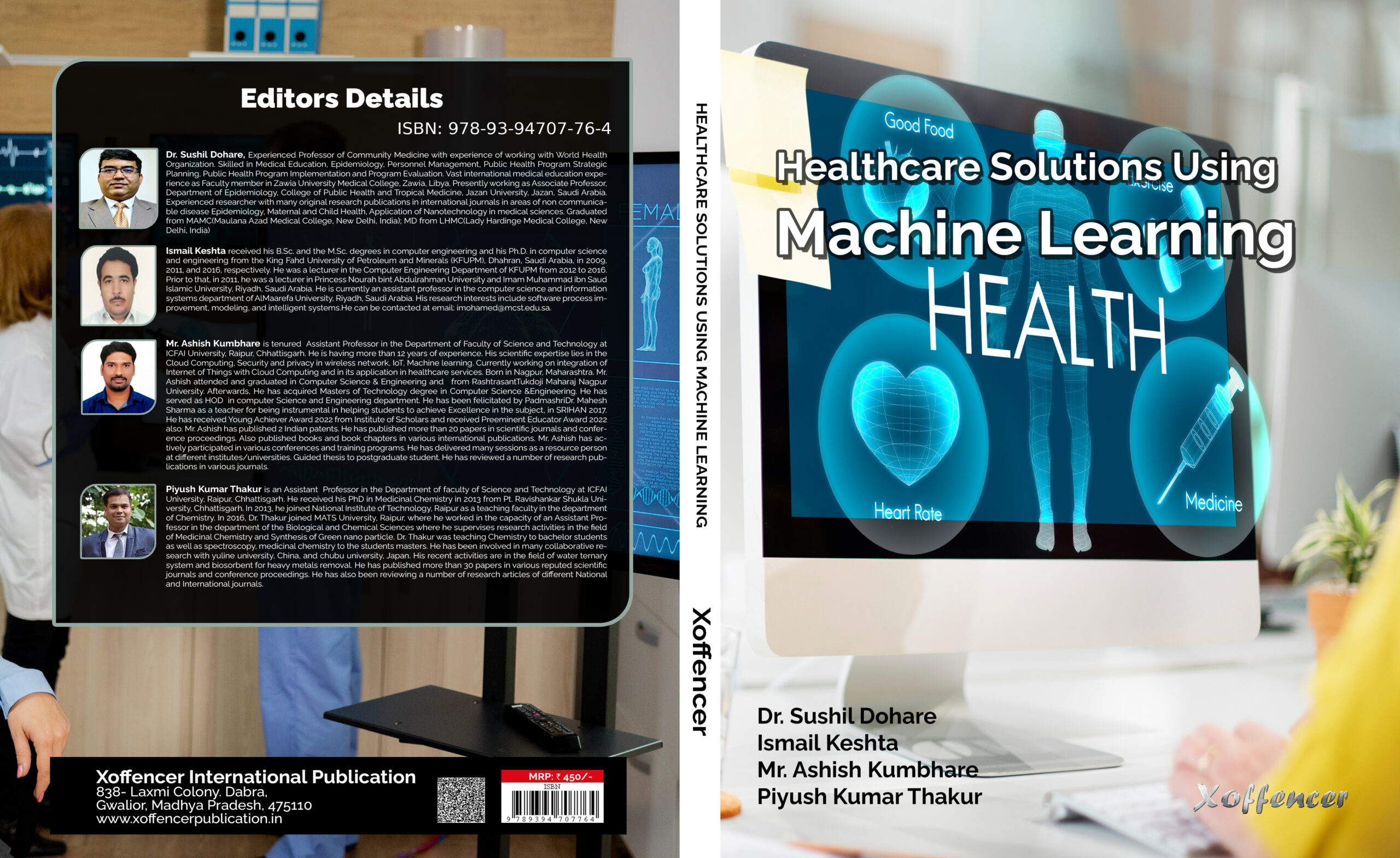

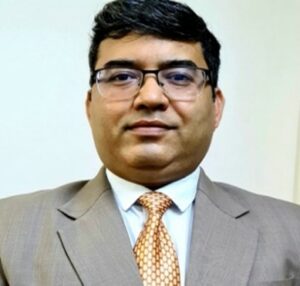
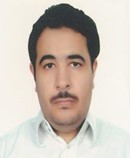


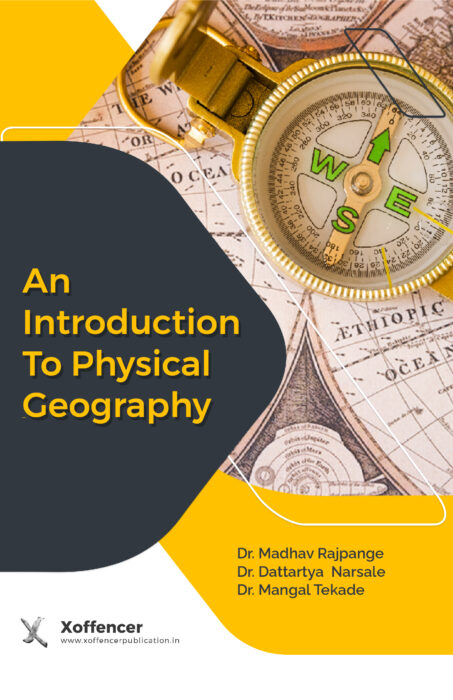

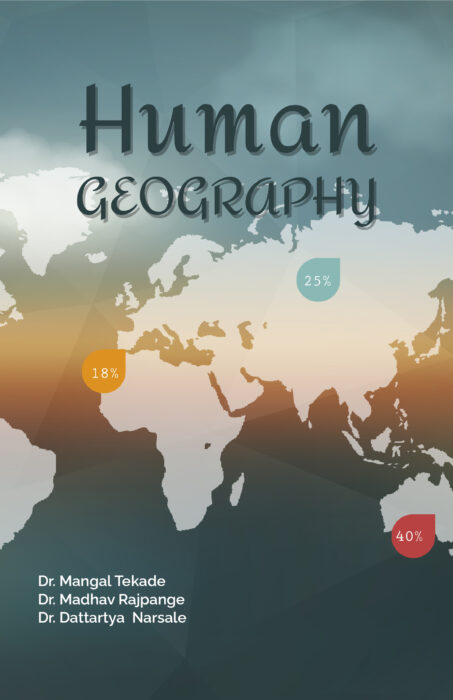
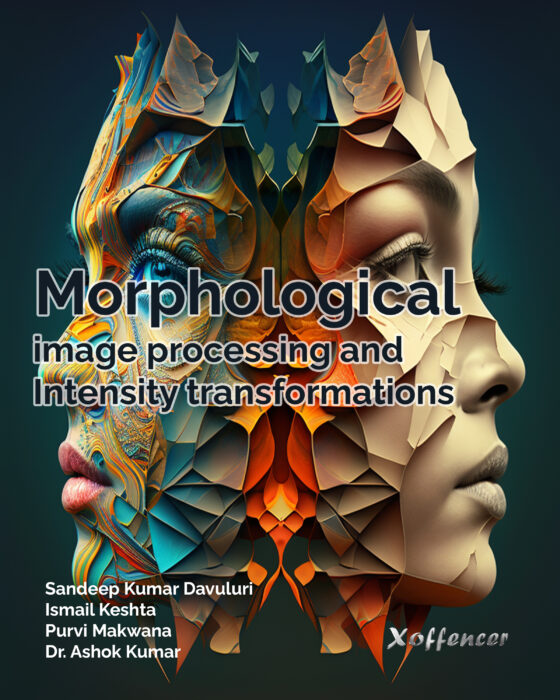
Reviews
There are no reviews yet.